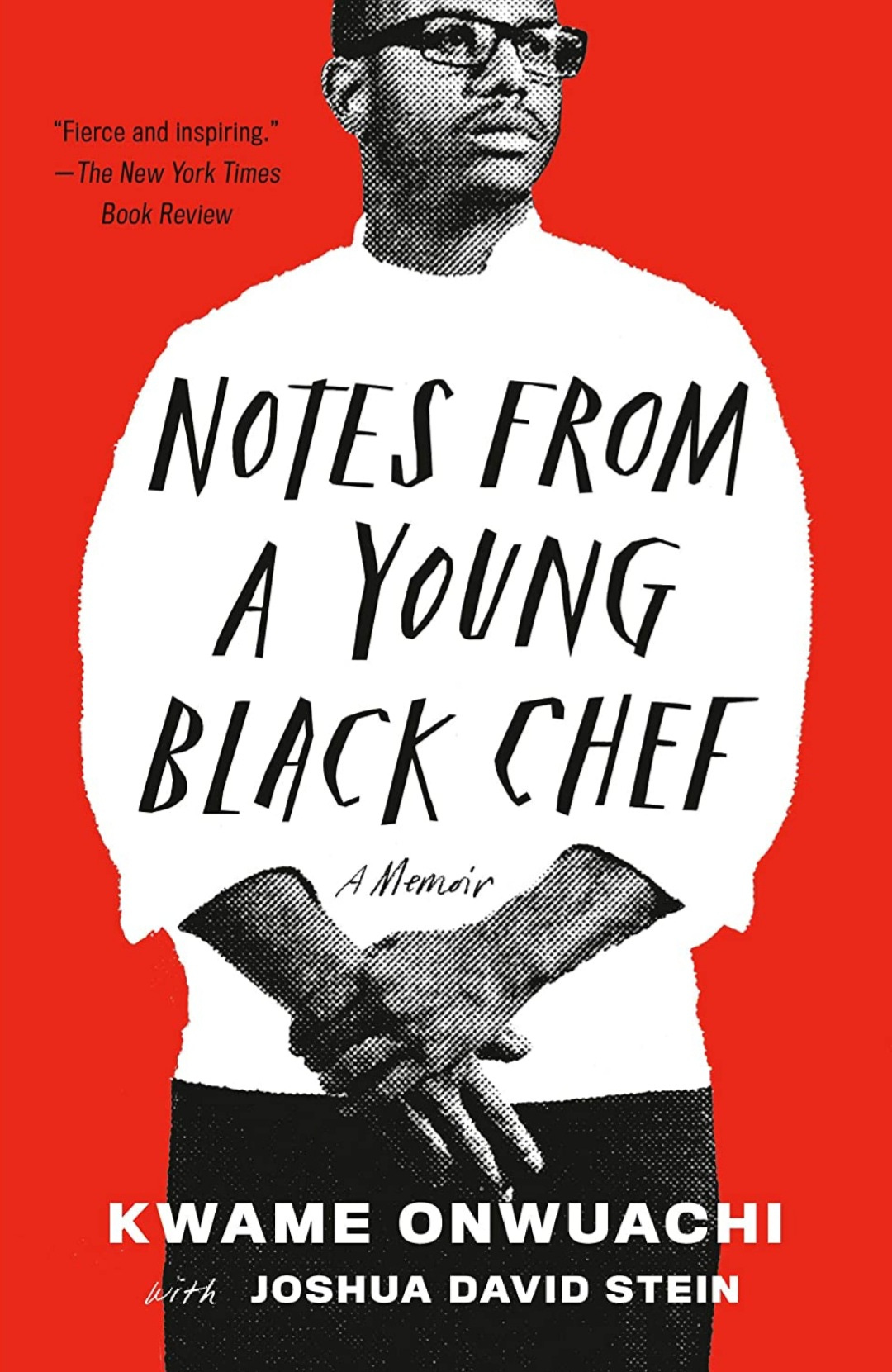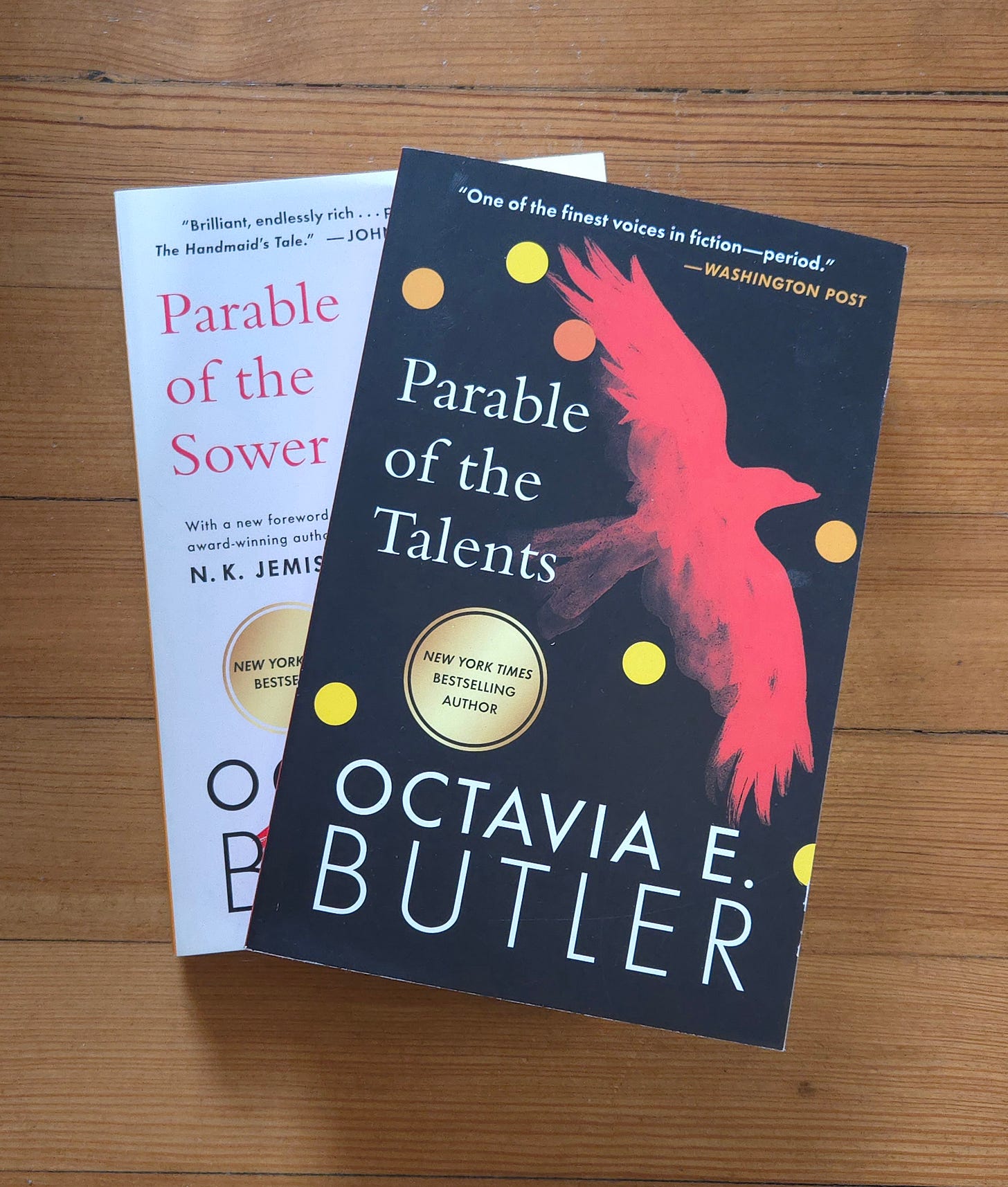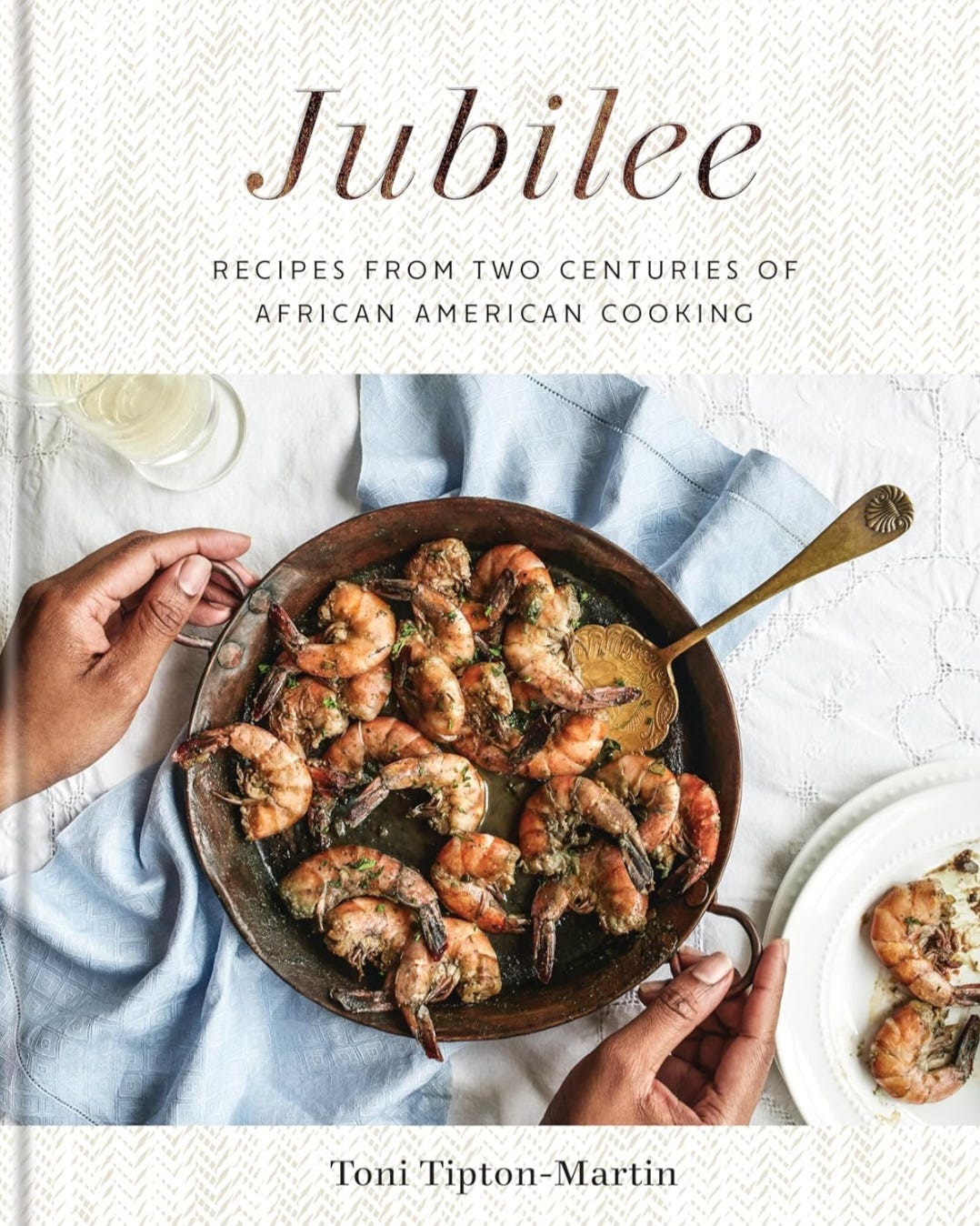Dr. Carter G. Woodson, born in 1875 to two formerly enslaved people, was the second Black man to earn a Ph.D. from Harvard (the first being W.E.B. DuBois). In the summer of 1915, Woodson attended Lincoln Jubilee, a celebration of the 50th anniversary of emancipation in Chicago. Lincoln Jubilee featured exhibitions extolling African-Americans’ recent accomplishments, and drew crowds in the thousands. The event inspired Woodson to find a way to honor Black history and heritage in a more visible and ongoing manner.
So on September 9, 1915, Woodson created the Association for the Study of Negro Life and History, which became the Association for the Study of African-American Life and History (ASALH). The ASALH was an organization dedicated to promoting the scientific study of Black life and history. In 1916, the ASALH established the Journal of Negro History, the first scholarly journal to publish research on the historical achievements of Black individuals.
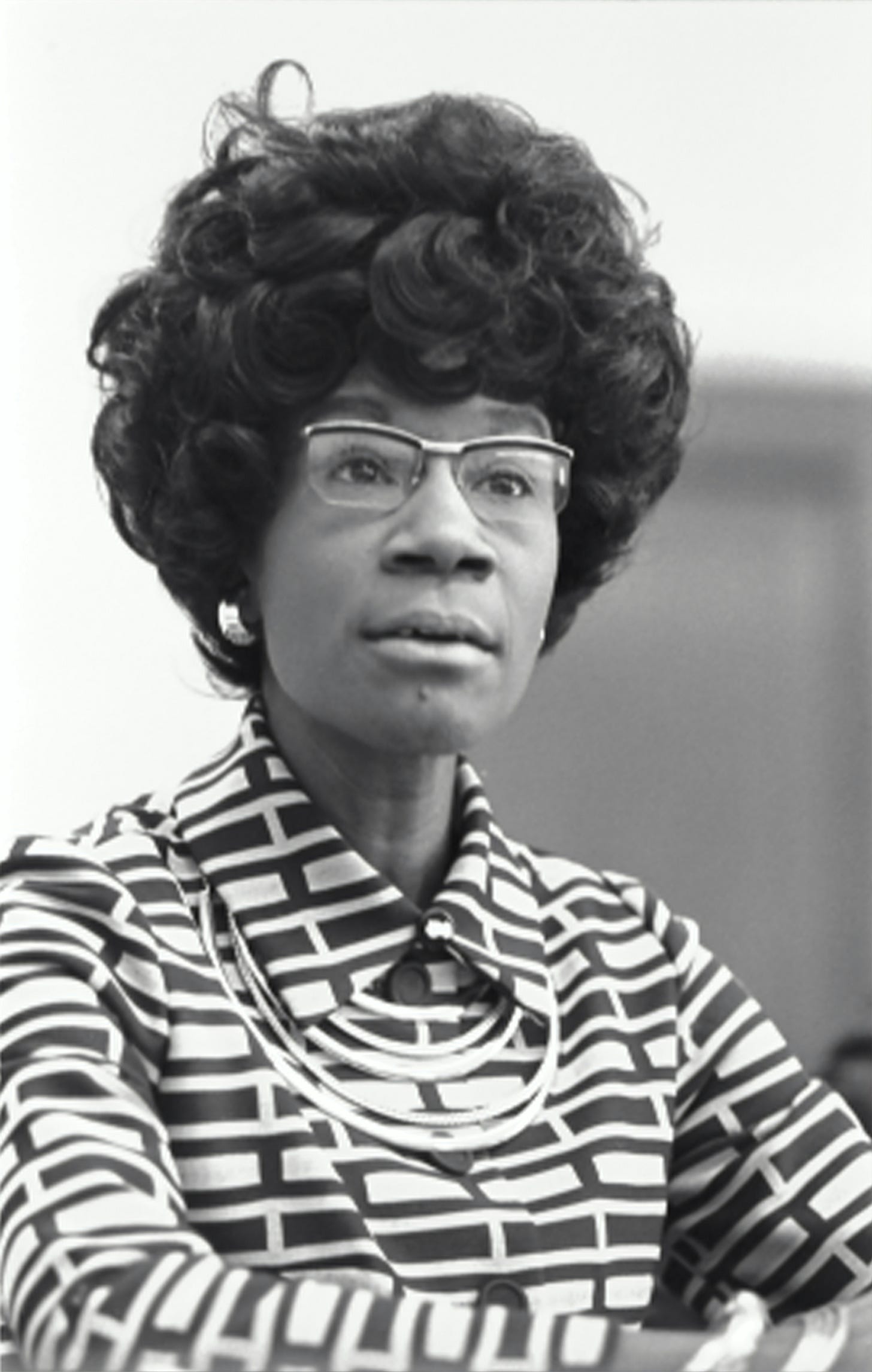
In 1924, Woodson directed his Omega Psi fraternity brothers to join his mission; they created Negro History and Literature Week in 1924.
In February 1926, Woodson announced the first ever Negro History Week. He chose February to honor the birth months of both Abraham Lincoln and Frederick Douglass. Negro History Week grew in size and scope, and began offering curriculum to K-12 schools across the country. By 1932, some white schools were participating.
In February of 1969, Kent State University was the first college to propose that February be officially designated Black History Month, and the Week became a Month for the first year in February 1970. In 1976, President Gerald Ford became the first sitting United States President to publicly recognize and support Black History Month.
Black history month is about celebrating accomplishments and excellence from Black individuals, so I’ll pivot to some enthusiastic book recommendations from some outstanding Black authors: both nonfiction and fiction that I’ve read and loved, plus a selection for me to prioritize from my own embarrassingly tall To Be Read (TBR) stack. And finally, for the home cooks out there, I’m recommending a wonderful cookbook.
Book Recommendations:
NONFICTION:
Notes From a Young Black Chef by Kwame Onwuachi
I am a certified Top Chef fan, and I was a fan of contestant Kwame Onwuachi and his season more specifically, so that’s all it took to get his memoir in my hands. To my utter delight, I discovered an unputdownable coming-of-age read that excelled to far higher heights and depths than spilling Top Chef tea (although, don’t worry, there is some of that, and it’s terrific). Onwuachi takes us to the Bronx, to Nigeria, to the structural racism of fine dining, to the sheer balls it takes to sell something on the NYC subway, to the risks and trials inherent in opening the hottest new restaurant, especially one featuring a Black chef unapologetically cooking Black food. I’ve read a lot of memoirs, and very few bring the candor and self-awareness of Onwuachi. It’s a five-star read, full stop. I opened the book on a summer afternoon shortly after lunch and did not, could not get up until I finished it just before sunset. (Please note, this was in the Before Child times).
FICTION:
Parable of the Sower and Parable of the Talents by Octavia Butler
Also known as the Earthseed Series, Parable of the Sower and its sequel, Parable of the Talents, belong together. I highly recommend just buying both, because the minute you read the last page of Sower, you will immediately reach for Talents to find out what happens next. To say these novels are riveting is an understatement.
You’ll locate these novels in the science fiction section of your bookstore or library, and they are categorized as such because they are futuristic. Butler published Sower in 1993, but its setting begins in 2024. She published Talents in 1998, but its story begins in 2032. Butler is praised for predicting the future, and while that is inaccurate in the literal sense, it’s a correct depiction more broadly speaking. Both novels contain more than enough eerie reverberations recognizable to anyone living today - like rampant gun violence, or a wannabe Christian dictator running for President with the campaign slogan “Make America Great Again.”
Parable of the Sower is important, not so much because it accurately nailed a portrayal of life in 2024 ahead of its time (it didn’t), but because Butler’s creative motivation was looking around at the world’s current problems, in the early 1990s, and asking herself what life would look like if they are never solved or mitigated. The result is, to put it mildly, chilling.
Parable of the Talents continues the story, and I cannot say much of what I loved about it without giving spoilers, but it’s a fascinating character development of the protagonist, Lauren Olamina, and her various family dynamics. Talents is also a very disturbing look at what could happen if Christian Nationalists get their way in our country. I can’t recommend both novels highly enough.
TBR:
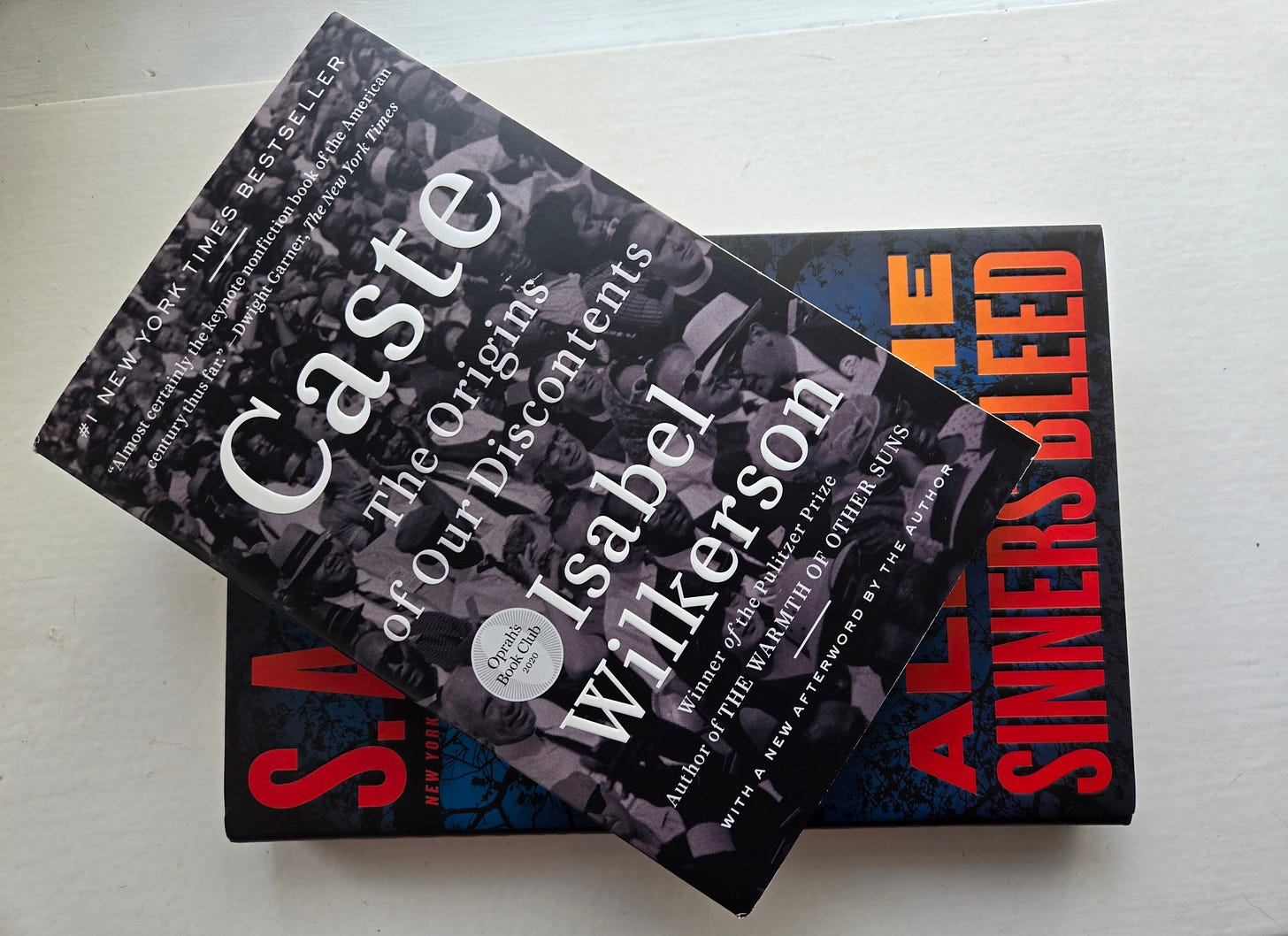
Caste: The Origins of Our Discontents by Isabel Wilkerson (Nonfiction)
All the Sinners Bleed by S.A. Cosby (Fiction)
COOKBOOK:
Jubilee: Recipes from Two Centuries of African American Cooking: A Cookbook by Toni Tipton-Martin
Jubilee is a cookbook, perfectly approachable for home cooks. Jubilee is a meticulously researched resource on African-American gastronomy. Jubilee is a cultural artifact and a history lesson. Jubilee is an anthem and celebration. I have not cooked every recipe from this beautiful book (not even close, sadly), but I have read it cover to cover, and it has taught me so much about where a decent pocket of our American cuisine originates, especially in the South.
And while I’ve barely made a dent in this treasure trove of authentic written recipes, I have cooked some, all to superb satisfaction. I highly recommend the Meatballs in Cola Barbecue Sauce, Curried Meat Pies, Okra Salad, the Baked Macaroni and Cheese was among the creamiest and most flavorful I’ve ever tasted, and the Gingerbread with Lemon Sauce was beyond divine.
I hope I have, in whatever small way possible, honored Black History Month and celebrated Black excellence, and inspired you to consume these marvelous accomplishments. We are lucky to have them!
SOURCE:
“How Negro History Week Became Black History Month” by Veronica Chambers, New York Times, January 31, 2025




